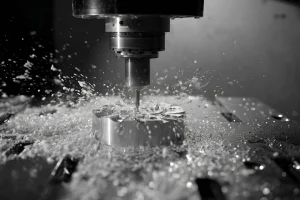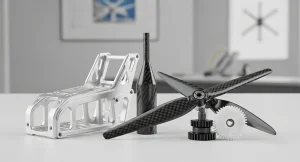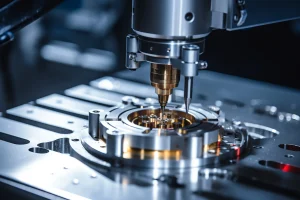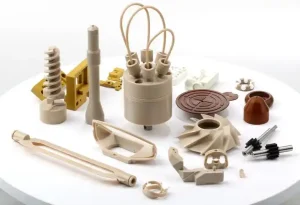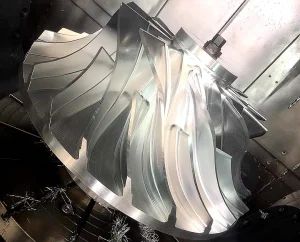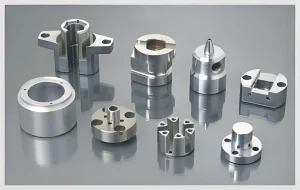As an innovative manufacturing technology that has received much attention in recent years, plastic deposition molding technology has set off a revolutionary change in the manufacturing industry. At the same time, this technology has also aroused widespread attention and in-depth discussion on its sustainability. Next, we will start from multiple dimensions to comprehensively analyze the sustainability of plastic deposition molding.
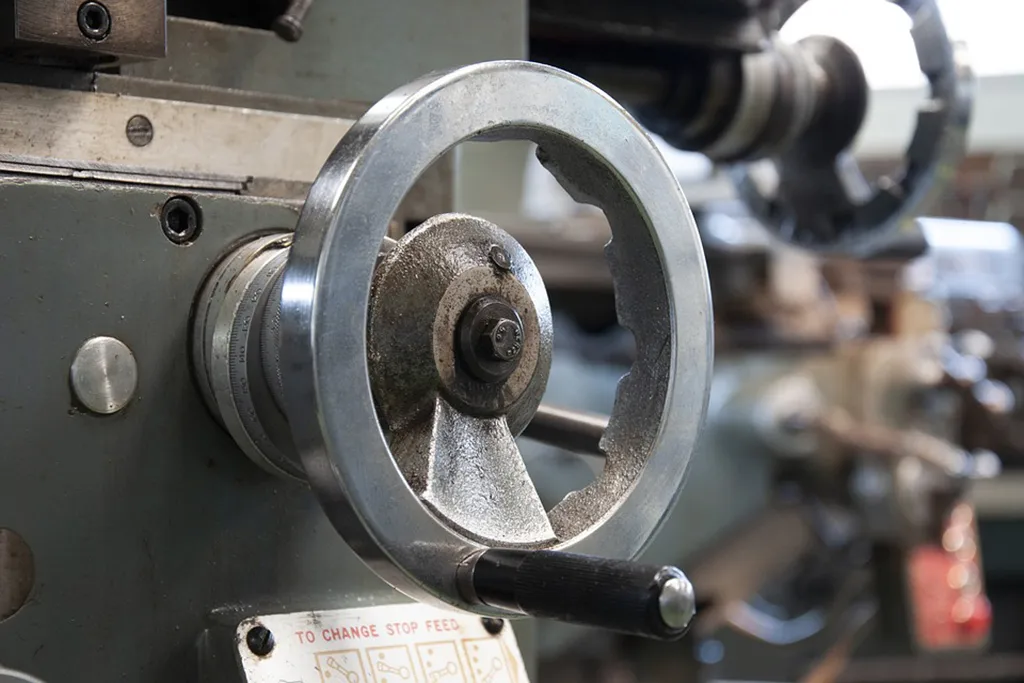
一. Sustainability of material selection
1. In terms of recyclable materials, plastic deposition molding technology mainly relies on thermoplastic polymer filaments, such as PLA, which is derived from renewable resources such as corn starch and has biodegradable properties, so it is regarded as a very environmentally friendly material option.
2. In terms of material utilization, FDM technology has shown excellent performance. There is almost no material waste during the molding process, and unused filaments can be reused, which greatly improves the overall utilization of materials.
二. Sustainability of energy efficiency
1. Energy-saving equipment: With the advancement of technology, FDM equipment has been continuously optimized in terms of energy efficiency, using energy-saving design and intelligent control systems to reduce energy consumption.
2. Production process: Compared with traditional manufacturing methods, FDM technology does not require molds, which reduces production preparation time and material waste, thereby improving overall energy efficiency.
三. Sustainability of waste treatment
1. In terms of recycling, after FDM products have completed their service life, their constituent materials can usually be recycled and reused, which effectively reduces the amount of waste generated.
2. FDM products made of biodegradable materials such as PLA can gradually decompose in the natural environment, significantly reducing the pollution burden on the environment.
四. Sustainability of environmental impact
1. Reduce carbon emissions: Continuously optimize production processes, introduce energy-saving equipment, reduce carbon emissions, and reduce the impact on the global climate.
2. Environmental protection: Use degradable materials and optimize waste treatment processes.
In short, plastic deposition molding has shown positive potential in terms of sustainability. By selecting recyclable and degradable materials, improving energy efficiency, optimizing waste treatment, and reducing environmental impact, FDM technology provides new possibilities for the sustainable development of the manufacturing industry. However, to achieve true sustainability, we still need to make more efforts in material research and development, technological innovation, and policy guidance. Only in this way can we ensure that plastic deposition molding technology contributes to protecting the earth’s environment while promoting the development of manufacturing.

